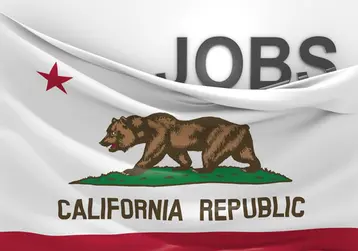California’s Minimum Wage Laws Vary by City: Learn How They Affect You Where Your Business Operates

In a previous post, I wrote about how California is in the process of raising the state-wide minimum wage to $15 an hour by January 1, 2021. However, many California jurisdictions are raising their own minimum wages even sooner.
For example, Los Angeles County increased its minimum wage to $10.50 an hour on July 1, 2016, five months before the state mandate. They will raise it again on July 1, 2017, to $12 an hour - a wage not required by the state until 2019.
In fact, most of California’s other major metropolitan areas are also raising their minimum wages sooner than the state. These cities include San Francisco, San Diego, Emeryville, Richmond, Palo Alto, Oakland, Sunnyvale, Sacramento, Santa Clara, Pasadena, Berkeley, El Cerrito and Mountain View.
Another challenge to the different wage ordinances occurring in multiple cities is they are phased-in at different dates.
To make matters even more confusing, some cities or counties, such as Los Angeles, vary their minimum wage hikes depending on the number of employees in a business. Los Angeles County has different timelines for minimum wage increases depending on whether the business has 25 or fewer employees or more than 25 employees.
Add then there are the changing parental leave and sick leave policies unique to different cities, as well as other varying state and federal regulations that are currently in flux. It’s enough to make any employer’s head spin!
That is why it is good to team up with an HR services company like TriNet that can keep you informed of upcoming changes, help you determine if you are impacted and work with you to take the steps necessary to remain compliant with changing legislation.
For an in-depth analysis of your business’s HR needs, contact Jon Siders at TriNet: Jon.Siders@Trinet.com. 714.616.1970






